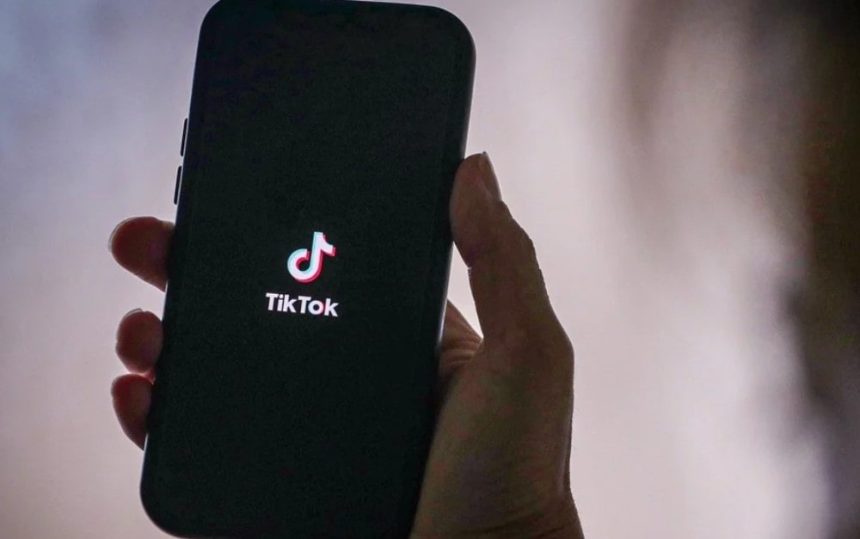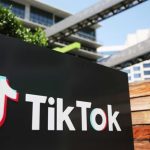TikTok Ban Resistance Uncovered in US Justice Letters
Freshly released letters from the US Justice Department have revealed why Apple, Google, and other major tech firms refused to block TikTok from their platforms earlier this year.
The companies were directly told they would not face any legal action for continuing to offer TikTok, despite widespread national security concerns from US officials.
The revelations, now making global headlines, have sparked renewed debate here in the UK about tech regulation, data privacy, and whether governments or private companies should have the final say over which apps we can access.
The letters, revealed through a Freedom of Information Act request submitted by Anthony Tan—a Google shareholder and software engineer—were addressed to top executives at major tech companies, including Apple, Google, Amazon, Microsoft, Oracle, and others.
In the letters, the US Justice Department reassured the companies that hosting TikTok would not put them at legal risk.
Attorney General Pam Bondi argued that banning TikTok would interfere with the constitutional duties of then-President Donald Trump, who was actively working to manage national security threats in his own way.
The letters told tech platforms to ignore the proposed TikTok ban and continue allowing the app to operate in the United States.
In January, TikTok was briefly removed from app stores in the US following a deadline set by the Trump administration. However, the ban only lasted a few hours before the platform was reinstated, after behind-the-scenes intervention by the White House and the Justice Department.
Trump was openly supportive of TikTok’s continued presence in the US, despite his administration’s concerns about the app’s connections to ByteDance, its Chinese parent company.
The Foreign Adversary Act had classified TikTok as a potential national security threat, but Trump argued that the app should be given the chance to find an American buyer.
Trump gave ByteDance several deadlines to sell TikTok’s US operations to an American company. The initial deadline passed without a sale, prompting an extension. Even after further time was granted, no concrete deal was reached.
Trump later claimed a buyer had been found, but details were never made public. Any sale would still have required approval from the Chinese government, adding further complications.
In the end, TikTok remained operational in the US without a sale, thanks in large part to the legal protections granted in the Justice Department’s letters.
While the US battle over TikTok grabbed headlines, the UK quietly took its own steps. The British government banned TikTok from all government-issued phones and devices over security concerns but stopped short of restricting the app for the general public.
The UK’s approach so far has been cautious, balancing national security concerns with the popularity of the app, especially among younger users.
But as more details emerge from the US, questions are growing here: should tech companies like Apple and Google have the power to decide which apps stay online? Or should the UK government take a firmer, more regulated stance?
Dr. Amelia Shah, a London-based cybersecurity specialist, says the situation highlights a global problem.
“Private tech firms are making decisions that affect millions of people, often without public oversight,” she warns. “We need clearer rules and more transparency. Relying on quiet agreements between governments and corporations isn’t good enough.”
Several UK MPs agree, arguing that decisions about national security and public safety should not rest in the hands of private companies.
Apple and Google’s refusal to remove TikTok shows the tricky position these companies are in. On one hand, they must respect local laws.
On the other hand, they want to protect their global markets and avoid setting a precedent where apps could be removed at the request of any government.
A spokesperson for Google UK said the company is committed to following local laws and keeping users safe but declined to comment on the US situation directly.
Apple has yet to make any public comment regarding the issue.
The TikTok case is more than just a US story. It shows the growing power of tech platforms and the complex relationships between governments and the companies that control the digital world.
The UK is now facing the same difficult question: should the government step in more forcefully when it comes to apps that could pose security risks? Or should it leave these decisions to the tech giants?
For now, TikTok remains available to UK users, but the situation is being closely watched. New regulations, stronger government oversight, or even tighter restrictions could be on the horizon.






